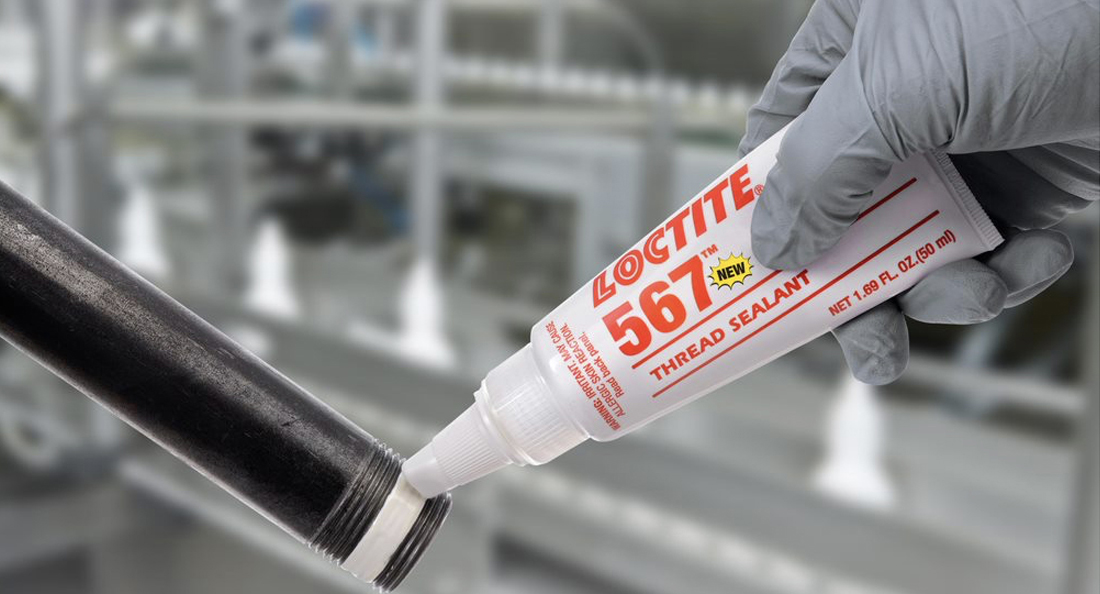Closely regulating the storage environment of perishable goods is crucial to maintaining health and safety standards in food handling. That is why robustly built and maintained cool rooms are essential to any food production site – especially in warmer climates such as northern QLD.
As a leading supplier of industrial grade fasteners and associated products, SpecFast is playing a critical role in the pipeline of Australian cool room manufacturing. Since 1959, the family-owned business has established itself as an expert resource on holding things together – whether it be small componentry or major building projects.
“What we do is so much more than nuts and bolts,” says Shaun Williams, Regional Business Manager. “We operate in the supply of construction adhesives, high grade seals, mechanical fixings, and industrial screws. It is a diverse product range, but it is also highly specialised and requires an extensive knowledge of how binding two objects together works.”
Their comprehensive portfolio of fastening equipment is used in construction across rail, roads, mining, and various manufacturing sectors, with an ongoing reputation for durability. Acquired by Motion Australia in 2019, SpecFast continues to boast versatility and an unwavering commitment to long-term relationships founded on premium customer service.
The design of food-related machinery has some of the tightest parameters for suitable components, as everything must comply to the relevant HACCP and ISO guidelines. In the construction of cool rooms, it is vital that every binding and sealing element is high-quality, food grade and able to withstand extreme temperatures. SpecFast is meeting these demands with their comprehensive range of silicone sealants, which are used by cool room manufacturers in QLD to beat the heat and keep food safe during storage and transport.
“Our client builds cool rooms of all sizes,” says Shaun. “Up in the Townsville area, famers are producing capsicum, tomatoes, curry, bananas, and lots of sugar cane. There is also an extensive network of fisheries, so all of this produce requires cool rooms and freezer transport solutions as well.”
“When you look at a cool room, there are lots of hidden aspect that you do not see,” he elaborates. “Aside from the polystyrene frame that is usually cased in a steel skin, there is a whole lot of fastening that goes into holding it together. Those components need to be designed to withstand extreme temperatures, which is where our expertise comes in. When people approach our business, they are not just looking to buy a product – they require advice and ongoing support.”
There are a several highly specific concerns in the manufacturing of cool rooms, which must be taken into consideration from the outset. Due to the large amounts of water, ice and condensation, the units must be constructed of hard-wearing stainless steel – a material that requires specific binding agents and technique. Additionally, they need to be airtight to prevent contamination, and sturdy enough to withstand potential anchor movement due to refrigerator vibration.
Fastening is the spine of the fabrication industry, Shaun says, holding all the bearings, chain, belts and motor units together. Without trustworthy binding of parts, equipment is not likely to withstand the harsh conditions of worksites and may end up costing more on long-term maintenance.
“In cool room construction, the seals need to be high spec and just as sturdy as a mechanical fastener. They need to be food-grade, regulation compliant and able to hold the extremely heavy side, roof, and base panels together. As a team, we can work alongside customers to reach the specified requirements of their product and ensure long lasting satisfaction with all fastening or sealing parts.”




